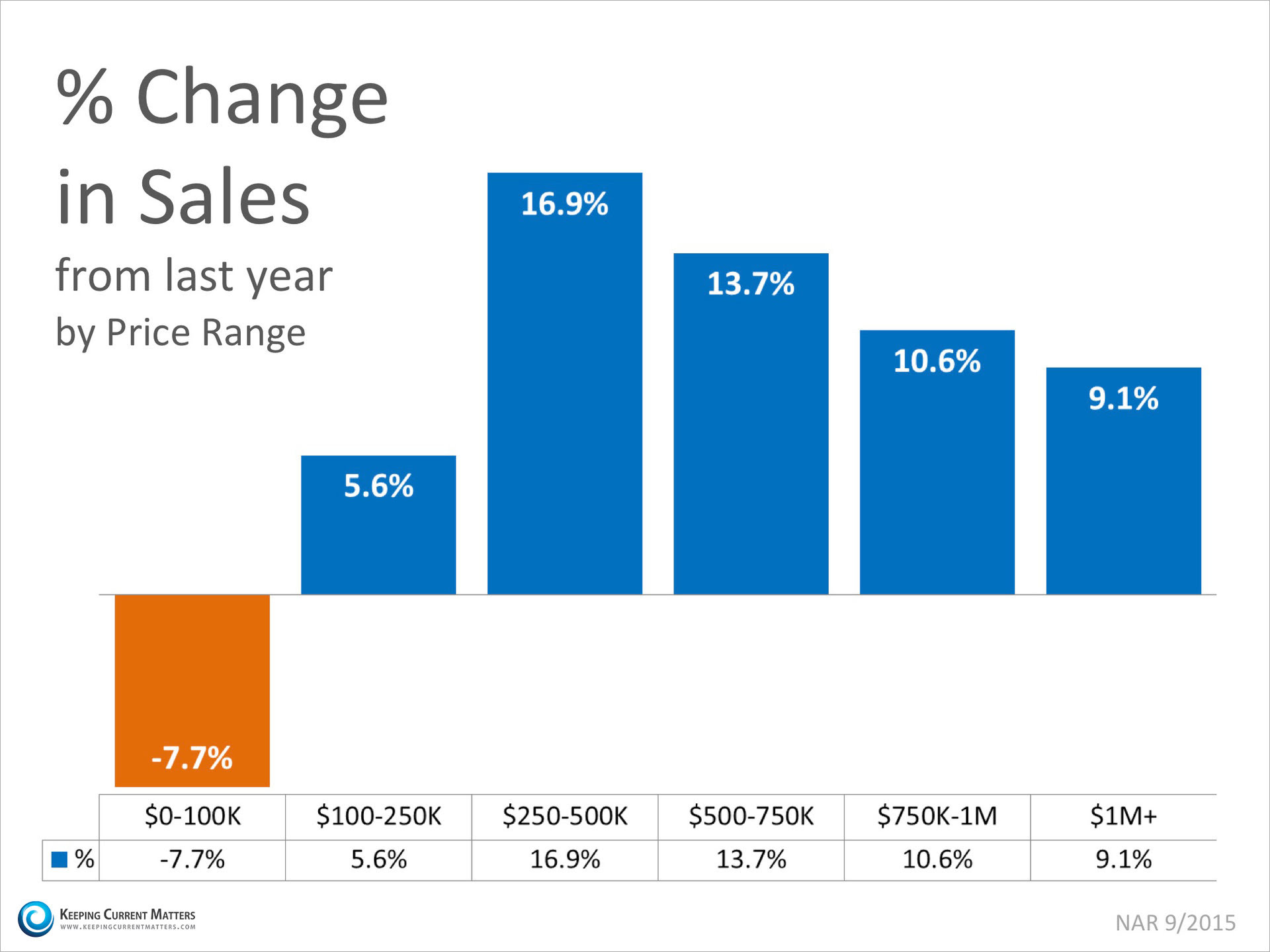Top 10 Estate Planning Mistakes
Contrary to popular belief, estate planning is not just for the rich because most people own a home. In California, if your home gross value is over $150,000 and you don't have a trust in place, then a probate is eminent when you die because all homes in Southern California are worth at least $150,000, irrespective of any mortgage balance on the home. A typical probate in California will tie-up your property in court for at least one year and the court will decide how your property will be distributed if you don't have an estate plan. These are some of the most common mistakes people make when planning their estates.
1. Procrastination -- Not having an estate plan at all.
The number one mistake is not having an estate plan at all because people don't want to acknowledge their mortality, people think they are not dying anytime soon; thus procrastination kicks in and unfortunately we cannot escape death. The consequence of not having an estate plan is that the State of California's intestacy law will determine who gets your property; which might not be in alignment with your wishes. If you want to make sure your loved ones are taken care of then take a cue from Nike's commercial "Just Do It".
2. Grant Deed Not Titled in the Trust's Name
If you have a trust then you need to fund it because a trust is just a contract. Funding the trust means titling all your assets in the name of the trust. A trust with no assets is worthless. Therefore, you should check to make sure that the grant deed to your house is titled in the name of your trust. If the grant deed to the house is not titled in the name of your trust, then your heirs will have to endure the painstaking process of the probate court to get the house.
3. A Will is NOT enough in California
A basic will CANNOT accomplish every goal of estate planning, in fact, it cannot even accomplish the most basic goal of avoiding probate. If all you have is a will, then surely your house will end up in the probate court, which is time consuming and expensive. A will cannot be used to change or override the beneficiary of a pension plan, 401k plan or life insurance (you must change them with the financial institutions prior to your death). A will is only good after you have died. An integrated estate planning trust package will allow you to manage your financial affairs in the event you are temporary incapacitated.
4. Leaving Assets as Joint-Tenancy
One of the main reasons why married couples vested title in their homes as joint tenancy with right of survivorship is because they think that by doing so they will avoid probate. That is half-truth because there will be no probate on the death of the first spouse; however, there will be a probate upon the last surviving spouse's death. Furthermore, if the surviving spouse sells the house; there will be a capital gains tax. Adding an individual as a joint tenant on your property is a bad idea because the creditor of the joint tenant can attack the property.
5. Not Communicating with Your Trustees and Beneficiaries
It is important to let families and friends who are named in the estate planning documents, especially those named as trustees, know what role they are being asked to play in your trust. It is important to ask if they want to be a trustee of your trust. Proper communication with these trustees will ensure a smooth transaction during the trust administration process after your death.
6. Not Updating Your Estate Plan
People feel a sense of accomplishment when their trust is completed and tend to file them away for safekeeping and forget about it. The danger is that every few years or so Congress makes tax law changes that effect trusts in a negative way and if you don't update your trust, you end up paying unnecessary taxes. Another reason to update your trust is when you have meaningful changes in your life; such as marriage, divorce, children or increase or decrease in assets.
7. Giving Assets Outright to Heirs and Beneficiaries
Giving assets outright to heirs and beneficiaries is dangerous because the assets will be exposed to the heirs and beneficiaries' creditors, predators and divorcing spouses. It is much better to leave the assets in a trust with a spendthrift clause that prevents the heirs and beneficiaries' creditors from grabbing them, as well as protecting the beneficiaries themselves from voluntarily giving their assets away. The spendthrift clause will protect beneficiaries who are not good with money, have an addiction that could cause them to squander the funds, can or might be easily deceived, or those who are heavily into debt with creditors.
8. Forgetting Pets
Sometimes people forget about their pets and when they die the pets are often left to follow them to their grave. As of January 1, 2009, California Probate 15212 effectively says pet trusts are enforceable. This California Probate code gives pet owners absolute assurance that their wishes to provide for their animal companions will be carried out.
9.Thinking you're too young for estate planning.
Estate planning is an integrated term that includes financial planning, debt management and asset protection. It is easy for someone in their early 30's to not think about estate planning. However, estate planning is more than just about assets. For example, if you wind up in the hospital with no way to communicate because you are temporarily incapacitated, you will wish that you had a durable power of attorney for your parents or loved one to decide on treatment and carry out the most basic financial decisions on your behalf.
10. The "Do It Yourself" Mentality
Paying a few thousand dollars for a good estate planning package will ultimately save you much more money in the end. People only grow old once and die once, and generally will only need one estate plan, and if they try to do the estate plan themselves, like anything else that you only do once, chances are they will do it very poorly. Even the most simple trust can be invalid and if it is an invalid trust then probate will be standing by and the cost of probate is exorbitant in terms of money and time.





